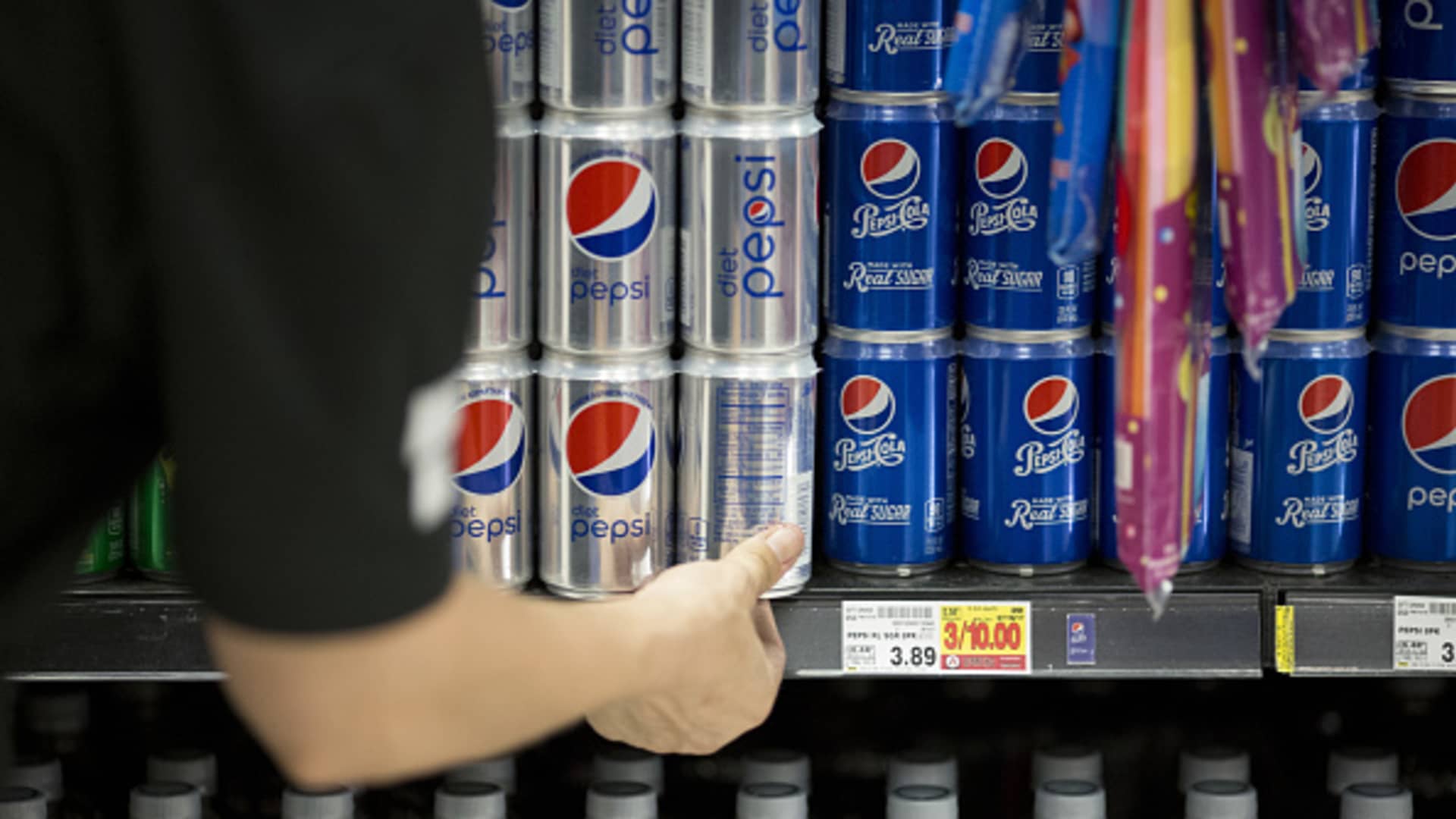If you listen to third-quarter corporate earnings calls, it might seem like everyone is taking weight-loss drugs.
Delta Air Lines, PepsiCo, Philip Morris International and Darden Restaurants are just some of the companies that faced questions from analysts about how the drugs are affecting their bottom lines. Executives are mostly brushing off the effects, saying it’s too early to quantify any real changes. Some – like Hershey, Conagra and Nestle – are assuring investors they’ll adapt, if necessary.
While some analysts are making sweeping claims about how obesity drugs will reshape the industries they cover, the medicines are still in the early days. It’s not yet clear how many people will actually take them and for how long, or what long-term effect they will have on food producers, restaurants and other industries.
Known as GLP-1s, the drugs were first approved for diabetes and are now also being used for obesity. Demand has spiked, as Novo Nordisk can no longer make enough of its drug Wegovy to keep up.
But even so, only a sliver of eligible people are actually taking the drugs at this point, said Goldman Sachs analyst Chris Shibutani.
That number could rise to 13% of the roughly 100 million Americans with obesity by the end of the decade, Shibutani estimates, which would translate to about $100 billion in sales. The actual total could end up being higher or lower depending on multiple factors, including one especially important one: how long people stay on the drugs.
That question “is very much at the forefront of thinking about the size of the market, as well as what might be the material changes that we see in other industries that might be affected, such as food and beverage industries, consumption, even the competition for discretionary spending and luxury goods,” Shibutani said.
A month’s supply of Wegovy costs around $1,400, and insurance coverage varies, a lofty expense for many potential users. Wegovy and similar drugs can also cause some unpleasant side effects like vomiting and diarrhea that can turn some people off.
Only about one-third of people who start the drugs still take them one year later, according to data provided by RBC Capital Markets. That suggests the effects of the drugs on other industries might not be as far-reaching as some people expect, said RBC analyst Brian Abrahams.
“Sometimes people go in with the idea that you have these drugs that seem like a miracle cure and what if 50 million or 100 million people take them and everybody loses a quarter of their body weight. What does that mean for all these sectors? The reality is pharmaceutical products have limitations – reimbursement, compliance – and the reality often ends up not exactly matching,” Abrahams said.
At the same time, the story is just beginning to unfold. Wegovy was approved only two years ago.
Dozens more weight-loss drugs are in development, and Eli Lilly’s tirzepatide is expected to be approved before the end of this year.
“Let’s see how these drugs really play out as the manufacturing progresses, the next-generation mechanisms come through and payers make decisions,” Shibutani said. “For all practical purposes, I think this theme is going to be with us for awhile.”
— CNBC’s Patrick Manning contributed to this report.
